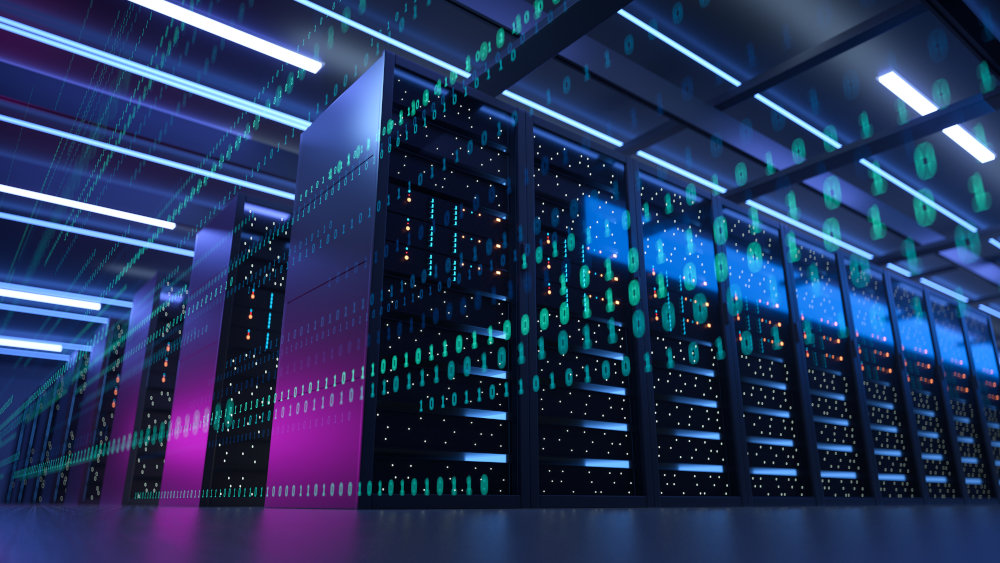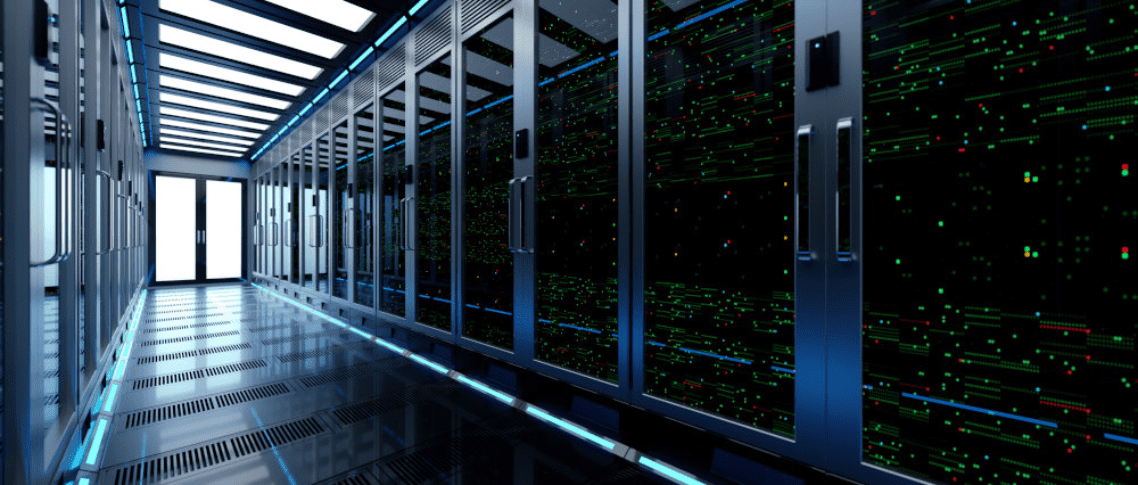Database as a Service (DBaaS) also called managed database service—is a cloud-based, managed service used to set up and manage databases. It allows companies to leverage database solutions without setting up the physical hardware, installing and...
A virtual server is a virtual machine running server applications. Virtual server cost is more affordable than that of physical servers from a capital expenditure (CAPEX) standpoint. However, they can be quite expensive in the long run. This article...
A hyperscale data center is a mission-critical facility that supports robust and scalable workloads. Hyperscale data centers are often associated with large companies that require vast data processing and storage requirements, such as Google, Amazon,...
Cloud security management is the practice of securing your data and operations in the cloud from theft or damage. As demand for cloud computing expands, cloud security services are expected to grow as organizations become more aware of the importance...
Reliability in cloud computing is related to cloud technology quality. If the components in a cloud computing service perform their functions and fail rarely, the service is said to be reliable. Thus, when selecting a cloud computing service, it...




